Publications
Articles, publications, books, tools and multimedia features from the U.S. Institute of Peace provide the latest news, analysis, research findings, practitioner guides and reports, all related to the conflict zones and issues that are at the center of the Institute’s work to prevent and reduce violent conflict.
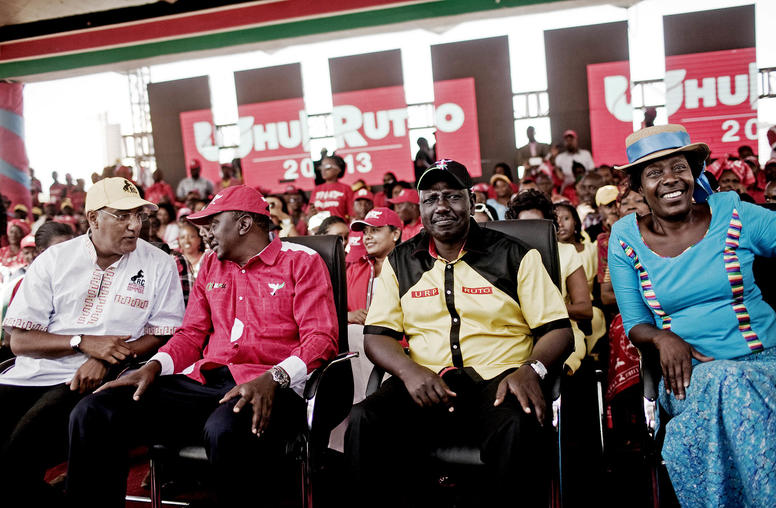
What’s Next for Kenya After William Ruto’s Presidential Victory?
William Ruto’s emergence as Kenya’s fifth president represents a paradigm shift in the country’s politics. Ruto’s campaign was comprised of a mass movement of workers, the jobless, peasants and other “hustlers” and sought to distance itself from the dynasties that have long run Kenya’s politics. While Ruto was born in a small rural village in the Rift Valley, his opponent, Raila Odinga, is a former prime minister and the son of the country’s first vice president. Marginalized Kenyans see Ruto as the personification of a transformational agenda that centers their plight, defining a contest between hustlers and dynasties. While Kenya faces a dire economic situation, Ruto’s biggest challenge may be overcoming the country’s legacy of ethnic politics and building national cohesion.
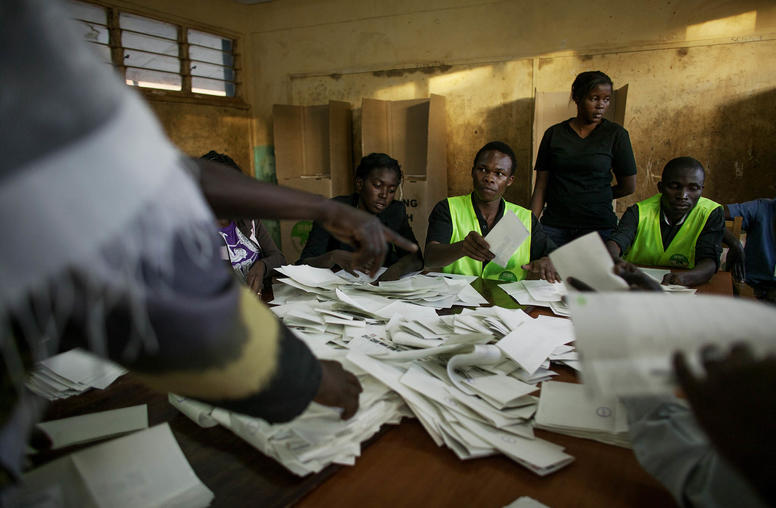
Three Early Lessons from Kenya’s Elections
On August 15, William Ruto was declared president-elect of Kenya, following a vote last week. His chief competitor, Raila Odinga, rejected the results and says he will go to court to seek their invalidation. So far, little evidence of electoral misconduct has been presented, with most observers suggesting the conduct of the polls improved compared to the last vote in 2017. As the country waits for the judicial process to unfold, here are three takeaways from this year’s Kenyan experience.

Lucy Kurtzer-Ellenbogen on a U.S.-Israel Relationship Reset
Iran and the Israeli-Palestinian conflict will likely top the agenda during Israeli Prime Minister Naftali Bennett’s meeting with President Biden. But USIP’s Lucy Kurtzer-Ellenbogen says the talks will also serve as a “relational reset … this will really be about setting a tone between these two new leaders.”
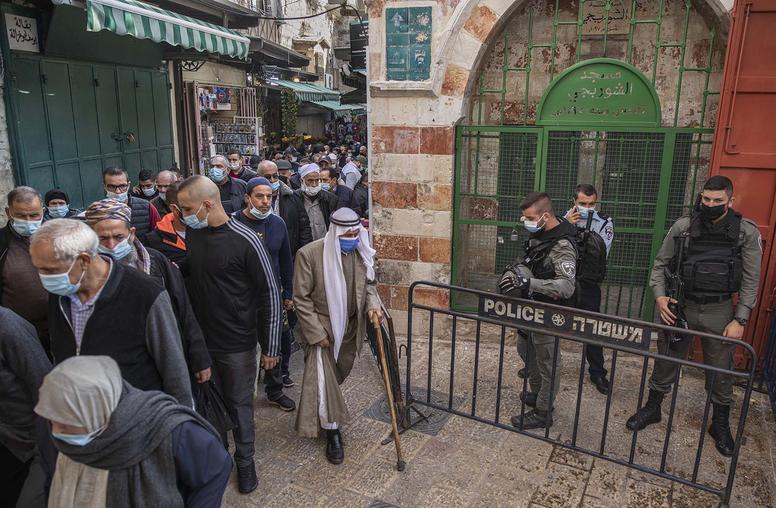
The Four Races That Will Define the Future of the Israeli-Palestinian Conflict
After the latest round of violence this May, Israeli and Palestinian leaders are walking a series of tightropes — Israel’s new government is composed of a potentially unsustainable coalition; a fragile cease-fire teeters between Hamas and Israel; and public protests continue to shake the Palestinian Authority.

People to People: Examining Grassroots Peacebuilding Efforts Between Israelis and Palestinians
Lucy Kurtzer-Ellenbogen, director of the Israeli-Palestinian conflict program, testified on July 21, 2021 at the House Foreign Affairs Subcommittee on the Middle East, North Africa, and Global Counterterrorism's hearing on "People to People: Examining Grassroots Peacebuilding Efforts Between Israelis and Palestinians." Her expert testimony as prepared is presented below.

Joseph Sany on the Turmoil in Ethiopia and China’s Role in Africa
As China steps up its engagement in Africa amid lagging vaccination rates and tensions in Ethiopia, USIP’s Joseph Sany says U.S. policy must avoid a narrow, competitive mindset: “[China] is doing what a major superpower does … [the United States] must address African interests, not impose American interests.”
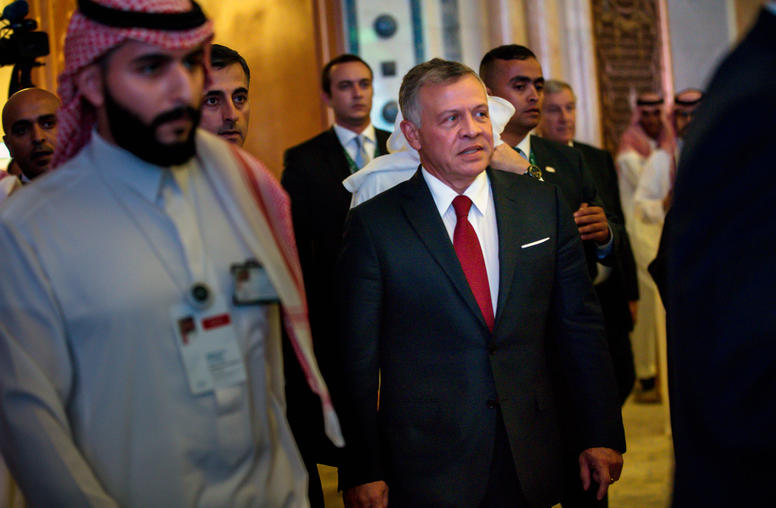
In Washington Visit, Jordan’s King Looks to Reset Relations, Reassert Regional Role
On Monday, King Abdullah of Jordan will become the first Arab head of state to be welcomed by President Biden to the White House. The optics and opportunity are no doubt welcomed by the king, coming at a challenging time for his country domestically and regionally. The White House visit follows on the heels of reports of a secret meeting between Abdullah and Israel’s new prime minister, Naftali Bennet, and the announcement of new Israeli-Jordanian water and trade agreements. The message is clear: Jordan is back as a central player and valued ally for the United States and Israel. But beyond the handshakes, the prospect of smooth sailing toward improved relations will be tested by the ever-turbulent waters of the Israeli-Palestinian conflict.
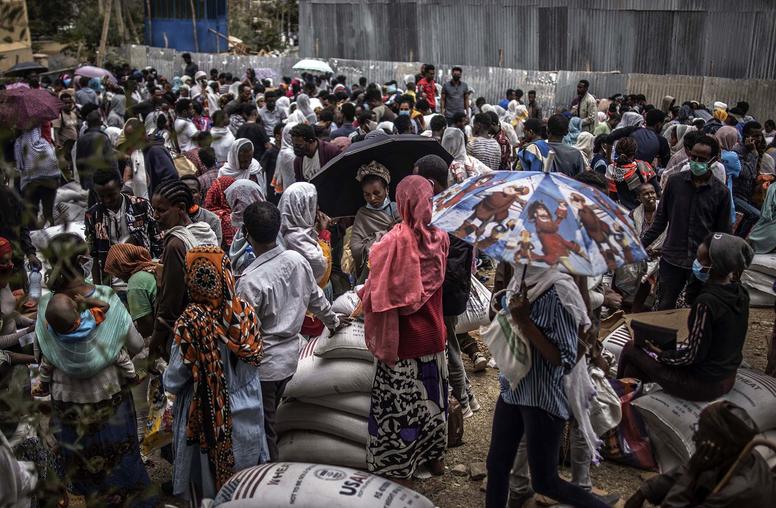
Five Steps to Sustain a Cease-Fire in Northern Ethiopia
After months of war and amid an intensifying humanitarian crisis in Ethiopia’s northern region of Tigray, the Ethiopian government unilaterally declared a “humanitarian cease-fire” on June 28. If Ethiopia wants this truce to end the war it needs to persuade Tigrayan forces, which have so far vowed to keep fighting, to agree to a deal. As a prelude to wider negotiations, the odds of ending the conflict would improve if confidence building measures are urgently undertaken and five key areas of a truce expanded. U.S. and international partners can promote these steps while recognizing that Ethiopians must own any cease-fire process.
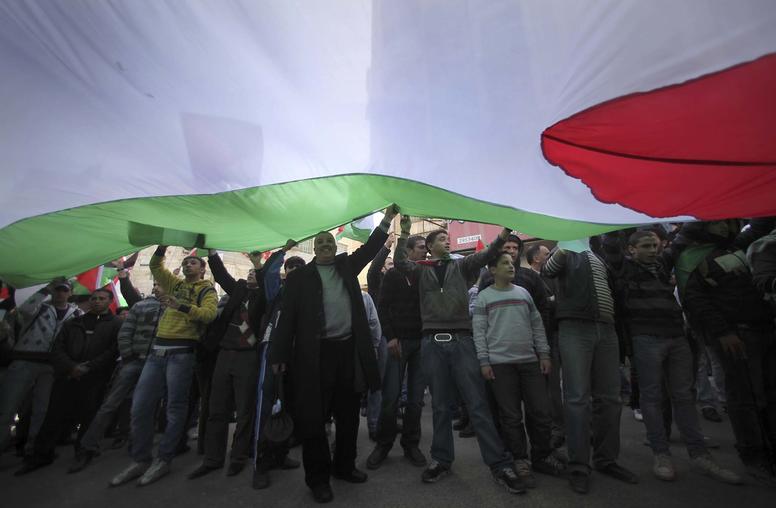
Palestinians’ Divided House Hampers Peace
In a scene reminiscent of the uprisings that swept the Middle East 10 years ago, Palestinian protesters took to the streets over the weekend, chanting, “The people want to bring down the regime.” The recent death of activist and Palestinian Authority critic Nizar Banat while in the custody of Palestinian security forces was the proximate cause for the unrest. But Palestinians’ disenchantment with their leadership has much deeper roots. Fifteen years after the last national elections, the Palestinian polity is as fractured as ever, adding but another obstacle to resolving the seemingly intractable Israeli-Palestinian conflict.
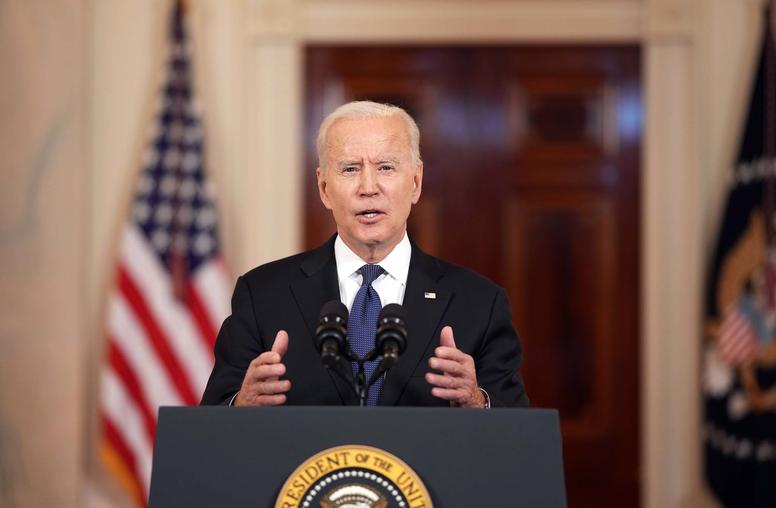
Biden’s Implicit Warning to Israelis and Palestinians
As a new government takes power in Israel, questions emerge about its collective ability and will to move the needle in a constructive direction on the ongoing occupation and the Israeli-Palestinian conflict. The narrow coalition, spanning a broad political and ideological spectrum, consists of avowed opponents of a Palestinian state — Prime Minister Naftali Bennett among them — alongside staunch advocates for the two-state solution. The governing coalition also assumes its role in a divided society on several fronts following 12 consecutive years with Prime Minister Benjamin Netanyahu at the helm.